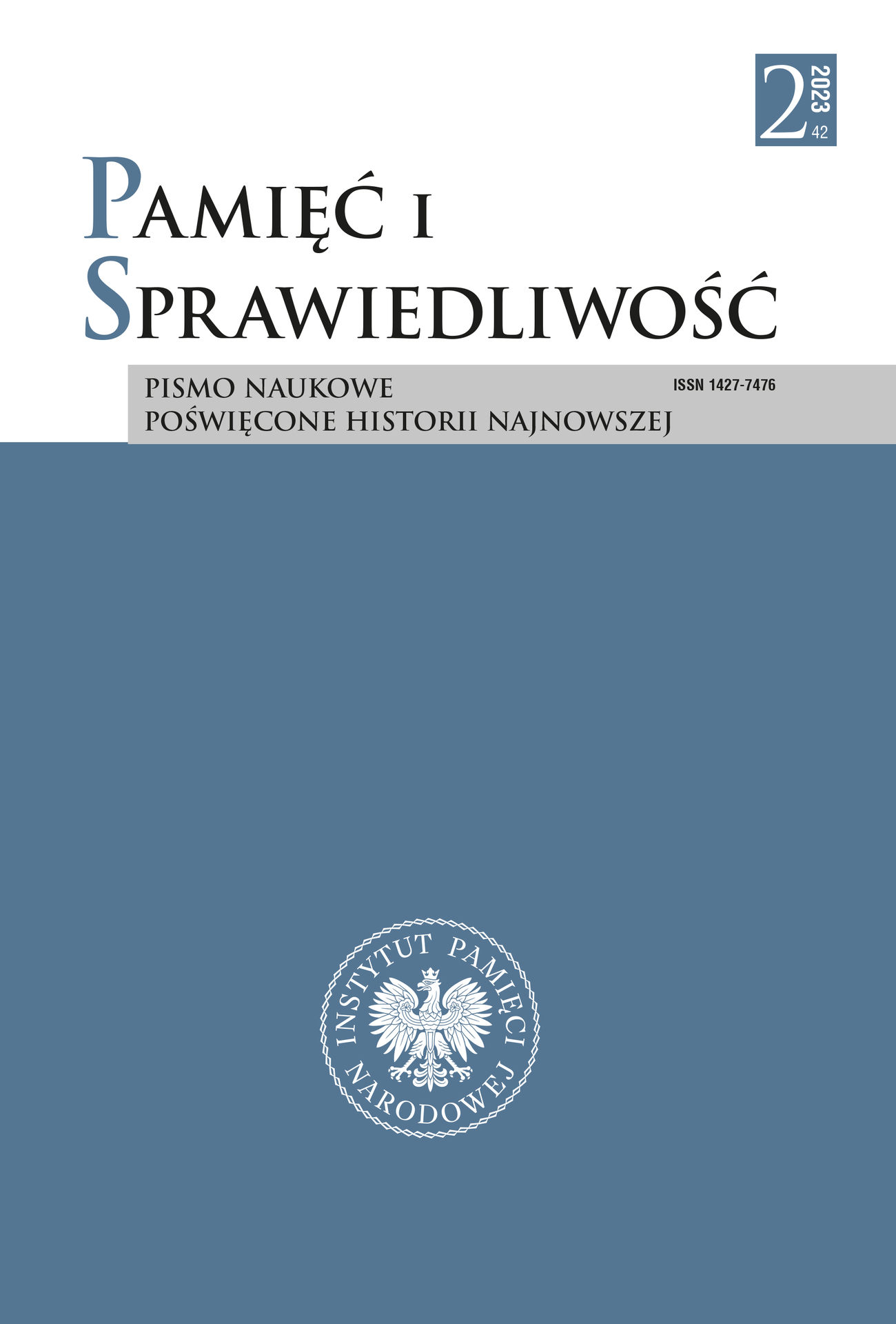Władysław Gomułka i „problem niemiecki” (refleksje do biografii polityka)
Władysław Gomułka and the “German problem” (Reflections on the Politician’s Biography)
Author(s): Robert SpałekSubject(s): History, Diplomatic history, History of ideas
Published by: Instytut Pamięci Narodowej
Keywords: Willy Brandt; Leonid Brezhnev; Nikita Khrushchev; Władysław Gomułka; Walter Ulbricht; Council for Mutual Economic Assistance; foreign policy of the Polish People’s Republic; reparations; PRL-FRG agree
Summary/Abstract: The subject of the article are selected activities of Władysław Gomułka, who for nearly twenty years (1944–1948, 1956–1970) was the leader of the communist party in Poland and during that time sought the strengthening and international legal recognition of the western border of post-war Poland. He was not satisfied with the verbal and written guarantees of the Soviet leaders on this matter, and until the end of his political activi- ty he was convinced that Moscow was capable of giving the Polish Western Territories to Germany in exchange for appropriate economic and political gains. In 1967, he led the Eastern Bloc countries to establish common rules of conduct towards the Federal Republic of Germany. At the same time, he tried to consolidate these countries as much as possible economically, scientifically and technically, which was to contribute to the strengthening of the Polish People’s Republic and thus securing its western border. In 1969, he concluded that Moscow and its allies were acting selfishly and decided to estab- lish bilateral relations between Poland and the Federal Republic of Germany on his own. The result of his actions was the conclusion of a standardisation agreement between Warsaw and Bonn in 1970.
Journal: Pamięć i Sprawiedliwość.
- Issue Year: 42/2023
- Issue No: 2
- Page Range: 363-388
- Page Count: 26
- Language: Polish

